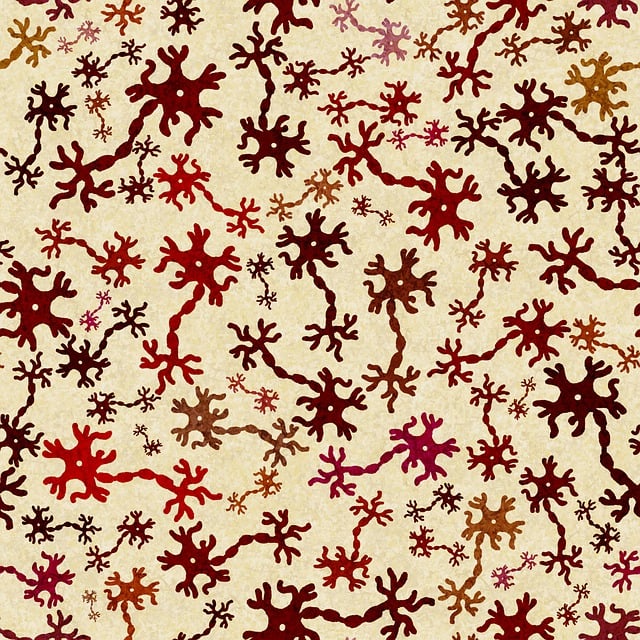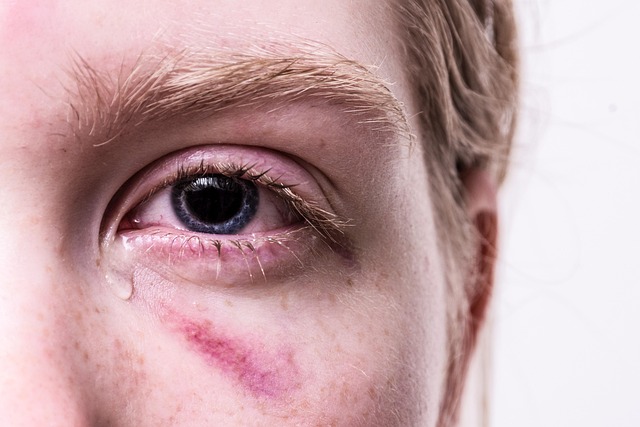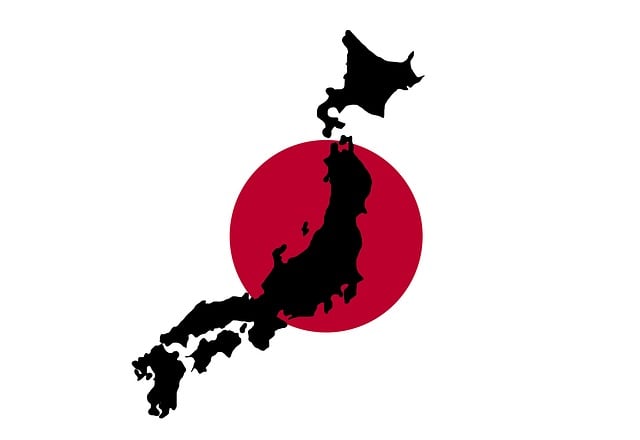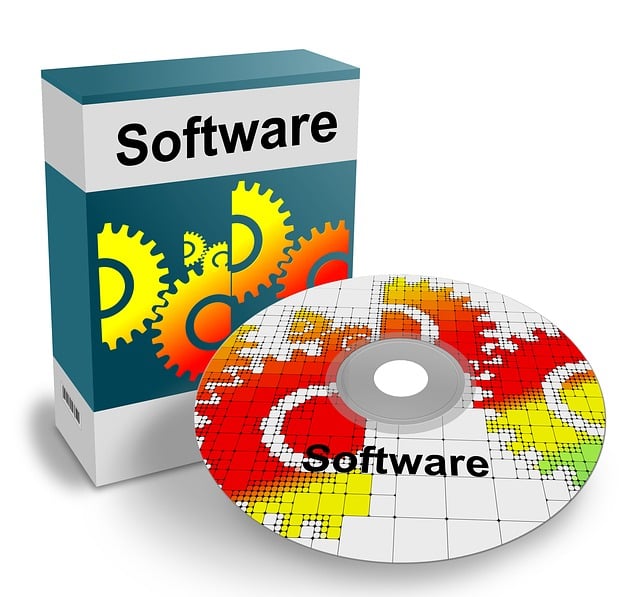Chiropractic Management for herniated discs resulting from post-car crash injuries offers a non-surgical treatment option. Chiropractors utilize techniques like spinal manipulation and adjustments to reduce nerve pressure, improve mobility, and restore function, often combining these with heat/ice therapy, electrical stimulation, and personalized exercise programs to enhance healing and realign the body. This comprehensive approach provides a promising path to recovery for those seeking alternative solutions post-car crash injuries.
“Disc injury recovery without surgery is a growing interest for those seeking alternative treatment options, especially after a post-car crash. This article explores comprehensive care approaches that bypass invasive procedures. We delve into the role of chiropractic management in healing herniated discs and provide valuable tips for non-surgical treatments.
Learn how to navigate recovery effectively, understanding the importance of timely intervention and natural methods, all tailored to your well-being after a collision.”
- Understanding Chiropractic Management for Herniated Discs
- Post-Car Crash Care: A Comprehensive Approach
- Non-Surgical Treatment Options and Recovery Tips
Understanding Chiropractic Management for Herniated Discs

Chiropractic management plays a significant role in the non-surgical treatment of herniated discs, especially following a post-car crash injury. Chiropractors are experts in diagnosing and treating musculoskeletal disorders, including spinal issues. They employ various techniques to alleviate pain and promote healing after a disc injury. Manipulation and adjustment of the spine are common methods used to reduce pressure on the affected nerve roots, improve mobility, and restore function.
In cases of herniated discs, chiropractic care can help manage symptoms without the need for invasive procedures. Chiropractors may also incorporate other therapeutic modalities such as heat or ice therapy, electrical stimulation, and exercise programs tailored to the patient’s specific needs. This comprehensive approach aims to reduce inflammation, enhance healing, and gradually restore the body’s natural alignment, offering a promising path to recovery for individuals seeking alternative solutions after a post-car crash injury.
Post-Car Crash Care: A Comprehensive Approach

After a car crash, proper care is paramount for individuals suffering from disc injuries, especially when considering non-surgical options. Chiropractic management plays a crucial role in the recovery process for those with herniated discs post-car crash. Chiropractors employ various techniques to alleviate pain and promote healing, focusing on manual adjustments and specific exercises tailored to the patient’s needs. This holistic approach aims to restore mobility, reduce inflammation, and support the body’s natural ability to heal.
The initial steps in post-car crash care often involve a thorough assessment by a chiropractor who will diagnose the extent of the disc injury. They may recommend a combination of treatments, including adjustments, soft tissue therapy, and patient education. By educating patients on proper posture and movement, chiropractors empower them to actively participate in their recovery, fostering a faster and more efficient healing process for herniated discs.
Non-Surgical Treatment Options and Recovery Tips

Non-Surgical Treatment Options and Recovery Tips for Herniated Discs Post-Car Crash
Chiropractic management is a popular non-surgical treatment option for individuals suffering from herniated discs, especially those who experienced this condition after a car crash. Chiropractors employ various techniques to alleviate pain, improve spinal function, and promote healing. Adjustments or manipulations of the spine can help reduce pressure on nerve roots, relieving symptoms such as numbness, tingling, or pain radiating down the legs or arms.
In conjunction with chiropractic care, other recovery tips include rest, ice, compression, and elevation (RICE method) in the acute phase to manage inflammation and swelling. Over-the-counter pain medications can provide temporary relief until the underlying issues are addressed. Physical therapy exercises targeted at strengthening core muscles and improving spinal stability may be recommended. Additionally, maintaining good posture, practicing ergonomic principles at work or home, and engaging in gentle activities like swimming or yoga can aid in a faster recovery without requiring surgery.
Chiropractic management, particularly after a post-car crash, offers a promising route for recovering from herniated discs without surgery. By utilizing non-surgical treatment options and adhering to recovery tips, individuals can effectively alleviate pain, restore mobility, and prevent future complications. This comprehensive approach, integrating chiropractic care with thorough post-crash care, empowers patients to take control of their health and experience a faster, more comfortable healing journey.














